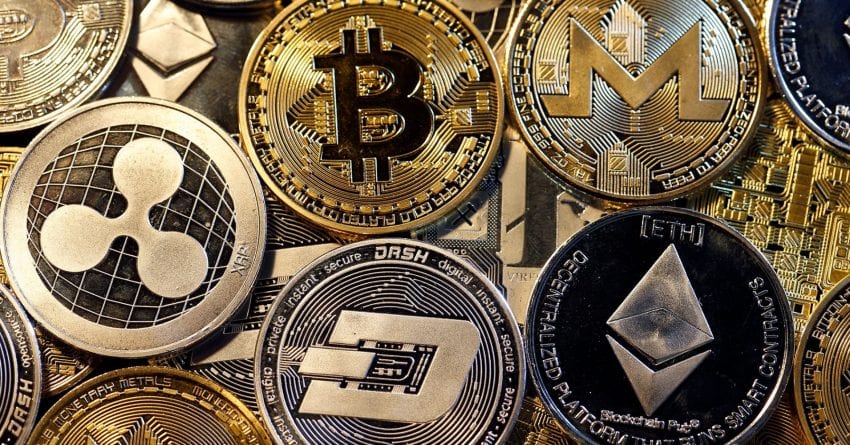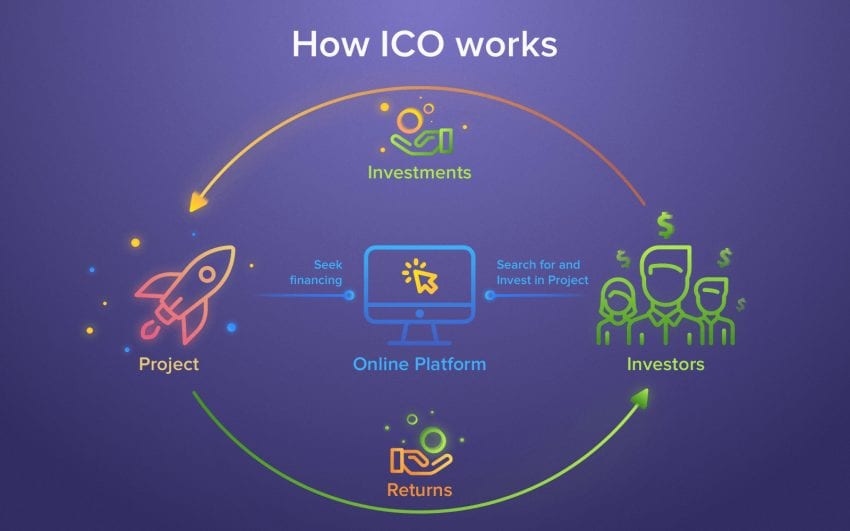An initial offer of coins (ICO, Coin Initial Offering), typically involves selling a new digital currency with a discount or a “token” as part of a way for a company to raise money. If that cryptocurrency is successful and valued, often based on speculation, as actions in the public market do, the investor has made a profit.
Unlike the stock market, the token “does not confer any property rights on the technology company, nor does it entitle the owner to any type of cash flow like dividends,” said Arthur Hayes of BitMEX, a Bitcoin exchange. Buyers can range from established venture capitalists and family offices to fanatics of less wealthy cryptocurrencies. The ICO’s are also called Initial Public Currency Offer (IPCO).

When a cryptocurrency start-up company wants to raise money through an initial offer of currencies (ICO), it usually creates a plan in a document that establishes what the project is about, what need (s) the project will meet upon completion, how much money is needed to carry out the company, the amount of virtual chips that the pioneers of the project will keep, what kind of money is accepted and how long the ICO campaign will last.
During the ICO campaign, enthusiasts and supporters of the initiative buy some of the cryptocurrencies distributed with fiduciary or virtual currency. These currencies are known as tokens and are similar to the shares of a company sold to investors in an Initial Public Offering transaction (IPO).
If the money collected does not reach the minimum funds required by the company, the money is returned to the sponsors, and it is considered that the ICO was not successful. If the funding requirements are met within the specified time period, the money raised is used to start the new scheme or to complete it.

ICOs are similar to IPOs and crowdfunding. Like the IPOs, a stake of the startup or company is sold to raise money for the operations of the entity during an ICO operation. However, while IPOs are related to investors, ICOs deal with supporters who want to invest in a new project much like a crowdfunding event. But the ICOs differ from the crowdfunding in that the sponsors of the first are motivated by a possible return on their investments, while the funds raised in this last campaign are basically donations.
While successful ICO transactions have been registered, and ICOs are about to become disruptive, innovative tools in the digital age, investors should be careful, as some ICO or crowd sales campaigns – as they have also been called -; they are in fact fraudulent, since the fundraising in this way is not regulated by the financial authorities, such as the Securities Exchange Commission (SEC) and the funds that are lost due to fraudulent initiatives may not recover.









